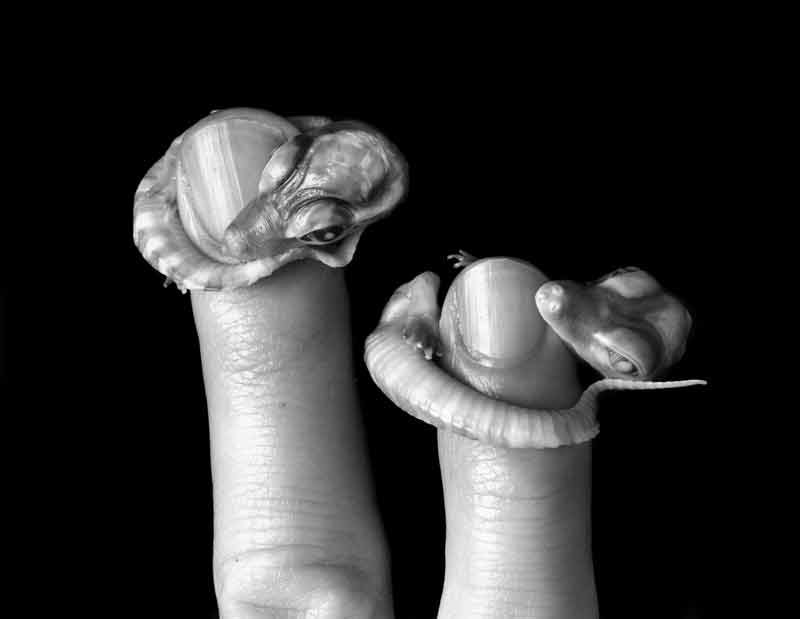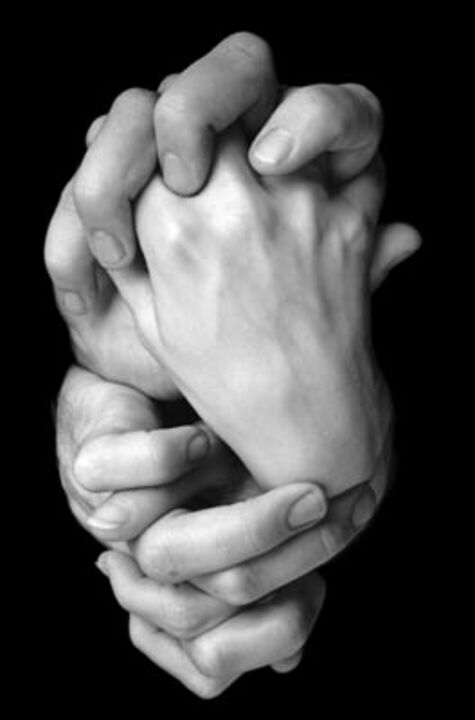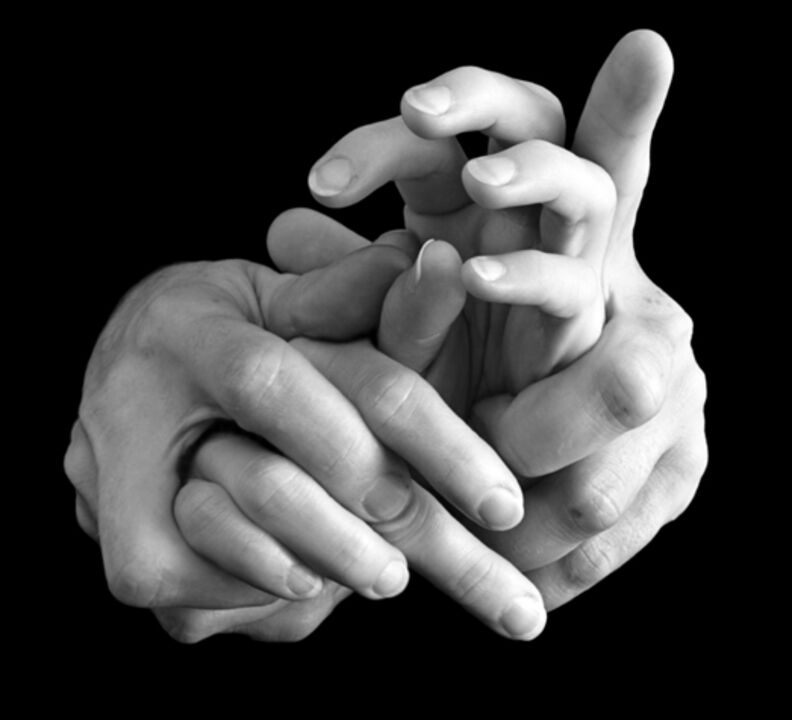Tamara Lischka, Portland, OR, USA
Important Things
When I was a child I occasionally found mermaid’s purses - egg cases for sharks and skates which had washed up on the beach. I wanted to open the purses, to find out if the leathery sacks actually contained a baby shark or not, but spent long minutes filled with anxiety about what I would see if I did. Would the fish still be alive? Would it squirm or move? Having destroyed its haven, could I really just stand there and watch the fetus die? Eventually such thoughts eclipsed all curiosity, and so I always put the purse back down on the sand and left it undisturbed.
In the past my work has held its secrets close, literally enclosed in the sculptural spaces created by curled fingers and closing hands... But now the hands are beginning to open, long sequestered thoughts and feelings finally examined and revealed. Fetus, fish, squid - the lifeless bodies of these creatures appear eerily animate, even grotesque out of context. Yet the hands that hold them nurture as much as they expose, fingers curving around the tiny forms, even as they lift them gently up into the light.

Figuratively Speaking
“I have always noticed people’s hands. As a young child, I remember watching my mother gesticulate with her hands while talking with her friends. I remember being confused about these movements, for clearly she was verbally speaking; yet her hands were obviously participating in the conversation. What was the meaning, exactly, of this little dance."
I also remember quite clearly my first lover’s hands. He spent his winters working at his father’s garage, fixing cars. This was in the far reaches of upstate New York, where the winters were quite cold and the garage was barely heated. His hands were always covered in deep cuts, scrapes and gouges, and were usually quite cracked from the cold and repeated washings to remove the oil and grime. I always worried about his hands, precious hands to me, and it distressed me that his hands suffered in this state. My small hands, which had never suffered this much trauma, were a stark contrast to his.
Why hands? I find all hands interesting, from the hands of young children with nearly translucent skin, to hands which have a few stories to tell. Hands themselves are wonderful and complex figurative models, capable of moving in a myriad of ways. Aside from our face, no part of our body is quite so expressive. They are wonderfully adept at conveying aspects of our individual selves that would be hard put into words- aspects of our emotional lives expressed in gestures, and our physical lives written on the flesh.“
Tamara Lischka, Portland Oregon, USA; May 2004










